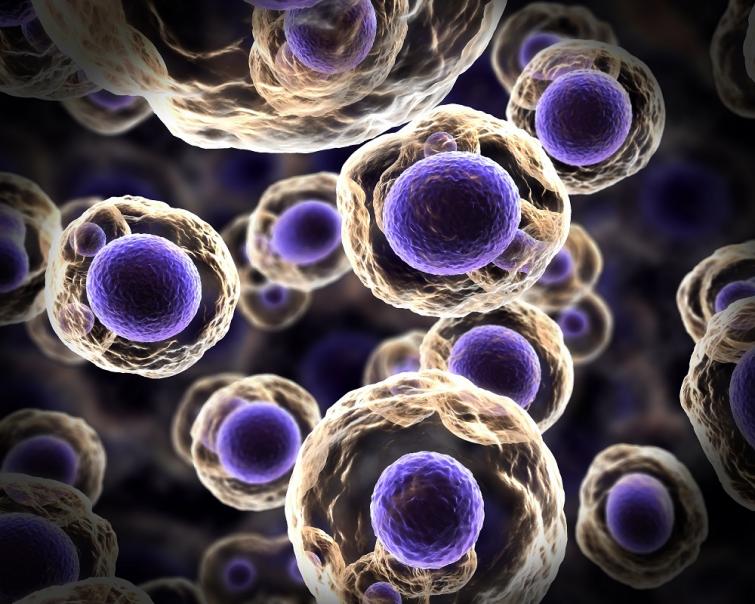
November 03, 2017
Bulletin interne de l'Institut Pasteur


Pasteur Single Cell Initiative: presentation and first workshop on November 13
The recent development of single-cell genetic and genomic technologies has had a profound impact on all fields of biology by providing new avenues for studying biological processes at the level of their fundamental unit, the cell. These technologies are used to identify and characterize rare cell populations within organs or even whole organisms, and to reconstruct dynamic states and trajectories adopted by cells throughout their life, both during embryonic development and in response to disease conditions or environmental factors. They can also identify the genes and regulatory networks that govern cell identities in complex and changing environments.
The Pasteur Single Cell Initiative aims to foster the development of these transforming technologies at the Institut Pasteur and throughout the Institut Pasteur Interbational Network. It brings high-throughput, cost-effective and widely applicable single-cell approaches to the broadest possible Institut Pasteur user base by providing open-ended technological pipelines for user-driven access and on-site development of novel applications.
The team leading this initiative would like to invite you to the very first inaugural workshop in this field on November 13. This event will take place in the Émile Duclaux lecture hall at 1pm. It will focus on three main topics:
-
Recent advances in single-cell genomics, with Amos Tanay (Weizmann Institute), Robert Zinzen (MDC-BIMSB Berlin) and Dominic Grün (MPI-Freiburg).
-
Single Cell Biology at the Institut Pasteur.
-
Technology development at the Institut Pasteur: wich solutions for your project on single cell at the Institut Pasteur?
The event is free but prior registration is required – please email Annie Etienne: annie.etienne@pasteur.fr
This Initiative is jointly developed by the research unit (Epi)genomics of Animal Development and Citech, supported by the Pasteur Flow Cytometry, Imagopole and Biomics platforms and C3BI.